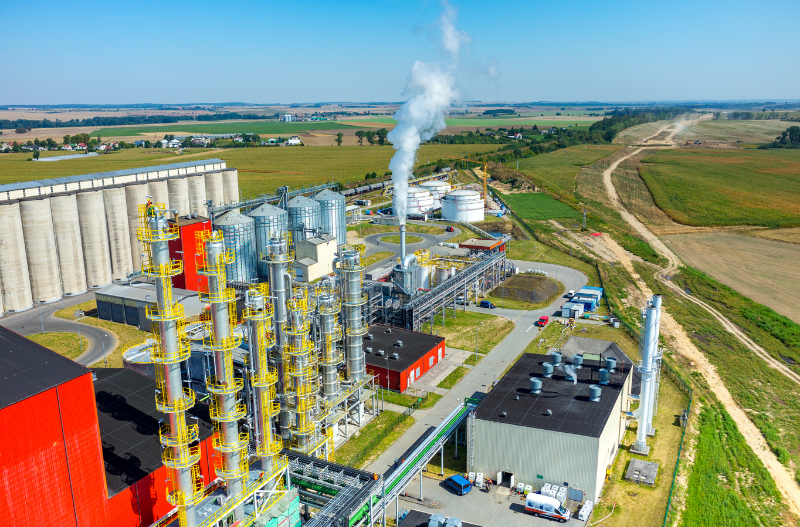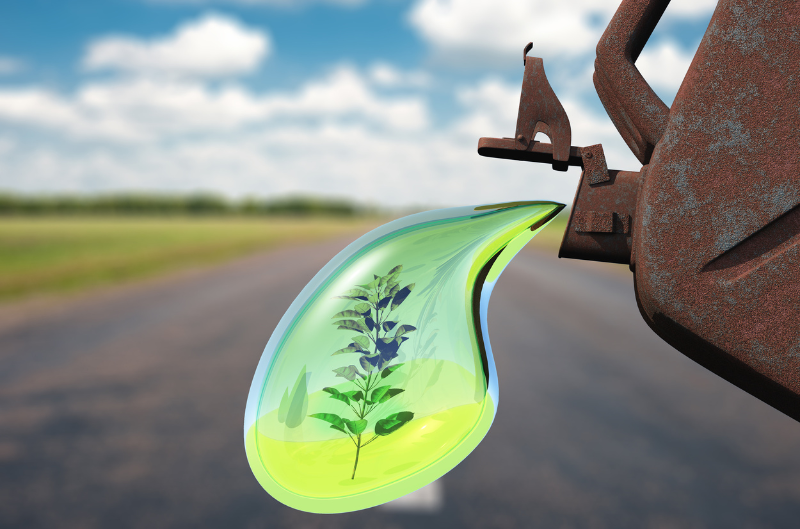Expert Witness – Biofuels
Introduction
Biofuels are part of the renewable energy mix – alternatives to fossil fuels with lower greenhouse gas emissions. Biofuels include ethanol, biodiesel, cellulosic ethanol, sustainable aviation fuels, marine biofuels, biomass power, renewable natural gas (RNG), biogas, renewable diesel, Fischer-Tropsch issues, syngas, gas-to-liquids (GTL), biobutanol/isobutanol, additives and more.
Legal disputes arise as the biofuels industry grows, and expert witnesses are needed. This blog will look at what biofuels are, the types of litigation seen in biofuels cases, and the backgrounds of expert witnesses who can help.

Bioeconomy Litigation Experts Generally
Biofuels and renewable energy consulting involve experts across multiple biofuels. These are growing industries. Experienced professionals who understand the cyclical nature of biofuels and feedstock prices, and the inevitable legal disputes that arise when plants fail or shut down. As the bioeconomy has several niche areas with few experts, expert witnessing is often key in determining the cause(s) of process and equipment failures, what could have been done to prevent them, and the economic consequences that resulted.
Expert Witnesses in Biofuels Cases
Disputes in the biofuels industry encompass various issues, often including the following:
Regulatory Compliance: Compliance with environmental regulations, fuel standards and renewable fuel mandates that lead to disputes over compliance with regulatory requirements.
Intellectual Property: Biofuel innovation can lead to patent disputes, trade secret litigation, or challenges to licensing agreements and technology transfer.
Contractual Disputes: Contracts for biofuel production, supply chains, distribution agreements and pricing terms can be litigated due to breaches, disputes or disagreements.
Environmental Impact: Concerns over the environmental impact of biofuel production – land use changes, water usage, deforestation and biodiversity loss – that lead to legal challenges and regulatory scrutiny.
Market Competition: Competitive issues, antitrust concerns, market manipulation and unfair trade practices can be litigated in the biofuels sector.
Expert Witness Backgrounds
Expert witnesses in biofuels cases have specialized knowledge and qualifications in the industry. Their backgrounds may include:
Chemical Engineering: Experts with chemical engineering expertise understand biofuel production processes – fermentation, distillation, transesterification, and gasification. They can assess technical feasibility, process optimization, and quality control measures.
Renewable Energy: Professionals with expertise in renewable energy technologies can provide context for biofuels in the renewable energy mix.
Environmental Science: Experts in environmental science and sustainability assess the environmental impact of biofuel production, including life cycle assessments, carbon footprints, and ecological risk analysis.
Economics and Market Analysis: Economists and market analysts can evaluate biofuel project economics, perform cost-benefit analyses, analyze market trends, and perform financial modeling.
Legal and Regulatory Expertise: Some expert witnesses have a background in law, regulatory compliance, or policy analysis. They can interpret complex legal frameworks, advise on regulatory compliance, and assess the impact of legislative changes on biofuels stakeholders.
Conclusion
Expert witnesses are key in biofuels cases, providing technical expertise, scientific analysis, and industry insight. Their diverse backgrounds in engineering, environmental science, economics, and law help resolve legal disputes and regulatory challenges and advance sustainable biofuel technologies. By using expert witness evidence, courts can make informed decisions to support the growth of the biofuels industry.
About LEC Partners (formerly LEC Partners)
LEC Partners was founded in 1995 and currently has over 180 experts worldwide. These working experts are renowned, hand-selected leaders, with over 97% holding advanced degrees and averaging over 30 years in their respective fields.
.
Have some questions?
Not sure where to start?
Let's start a conversation. We're here to help you navigate
the bioeconomy with confidence.

